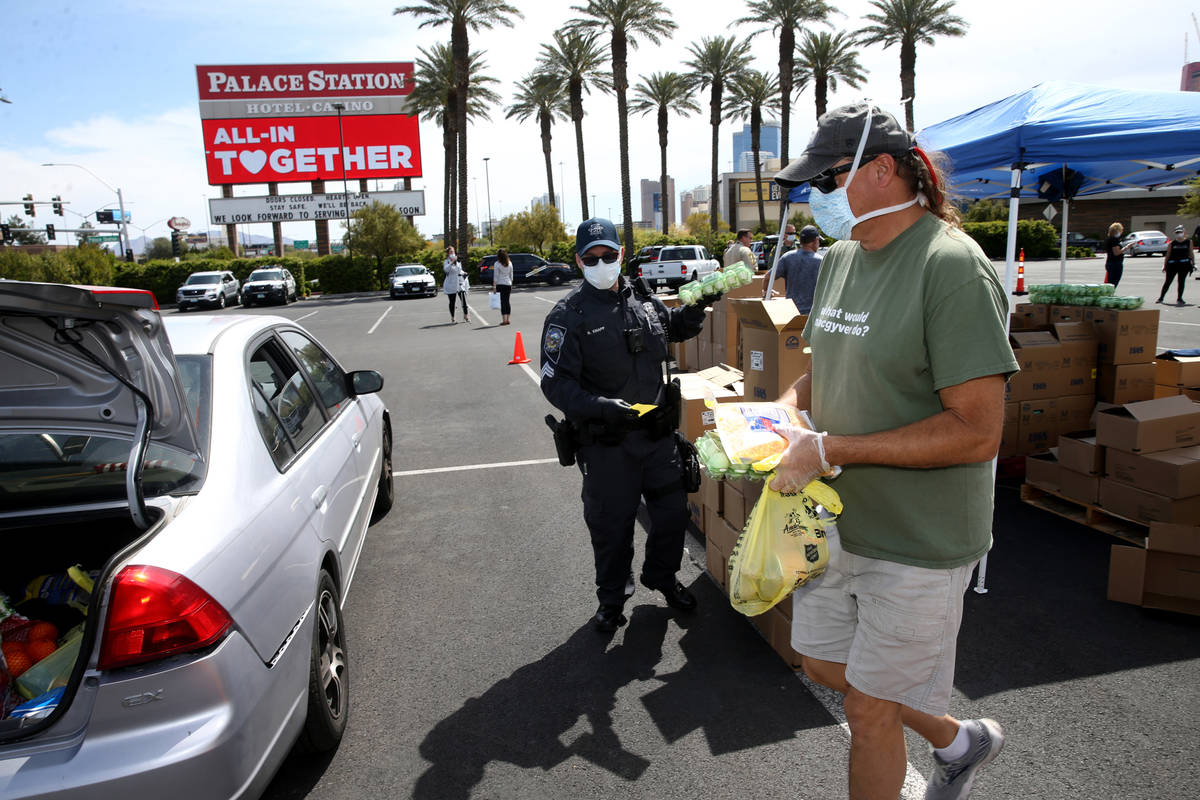EDITORIAL: Official warns economic fallout from coronavirus could starve 130M
The unprecedented shutdown of economies around the world has put an additional 130 million people at risk of starving. That’s the stark warning coming from a U.N. official.
The discussion on the coronavirus has largely focused on the short term and the steps needed to ensure hospital and health care systems could handle the caseload. Stay-at-home orders and forced business closures halted much of the world’s economic activity. But now that most countries have excess hospital capacity, there’s an urgent need to think more about the long-term approach.
Those in favor of continuing more restrictive measures have emphasized that they’re putting public health above the pursuit of profits. Gov. Steve Sisolak said last month, “I’m not going to allow our workers to be put in position that they have to decide between their job and their paycheck and their life.”
That’s a nice soundbite, but it ignores the global reality that paychecks are what keep people alive. According to the 2020 Global Report on Food Crises, released in mid-April, economic restrictions are “increasing delivery times and reducing availability of even the most basic food items.” Prices are going up at the same time as “rising unemployment and under-employment is likely to severely reduce people’s purchasing power.” It’s all but certain that remittances — money sent by relatives living in another county — will decline, too.
Without interventions, the world could see “multiple famines of biblical proportions within a short few months,” David Beasley, director of the U.N.’s World Food Program, said. He warned that coronavirus-caused economic slowdowns could send 130 million people “to the brink of starvation” by the year’s end. That’s on top of the 135 million people already facing severe hunger. Some of those numbers are likely worst-case scenarios. But they spotlight the reality that putting the world’s economy on ice for weeks or months will create real hardships.
Even the United States, the wealthiest country in the world, is facing challenges.
“The food supply chain is breaking,” John Tyson, chairman of Tyson Foods, wrote in a recent full-page ad in The New York Times. “Our plants must remain operational so that we can supply food to our families in America.”
The United Food and Commercial Workers estimated that 13 meatpacking plants have closed since the start of the coronavirus outbreak. UFCW estimates those closures have reduced pork slaughter capacity by 25 percent and beef slaughter reduction by 10 percent. A reduction in food production now means higher prices and lower supply later.
It’s important to prioritize public health and take reasonable steps to mitigate the spread of coronavirus. Elected officials must remember, however, that people don’t just need health care. They need to eat.










































